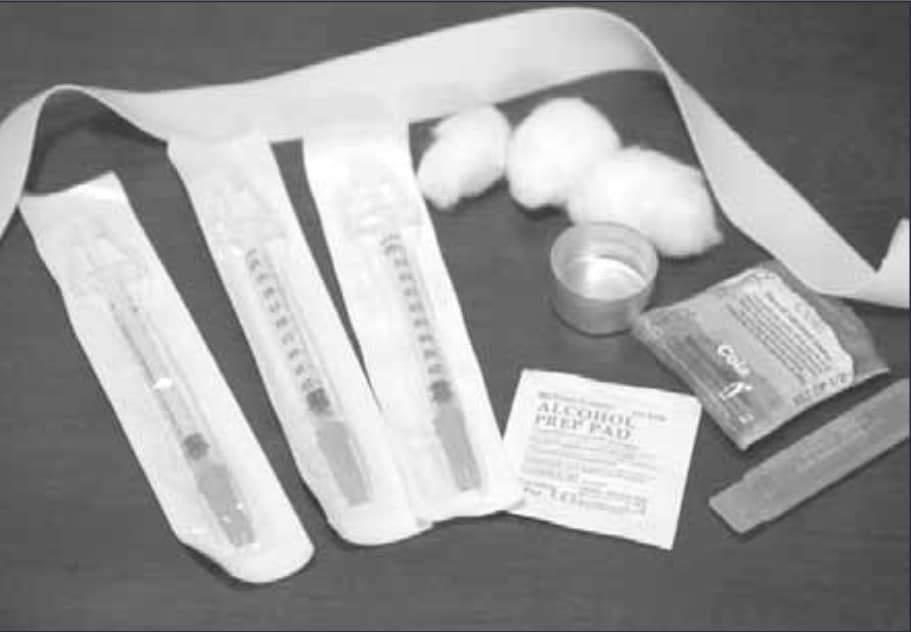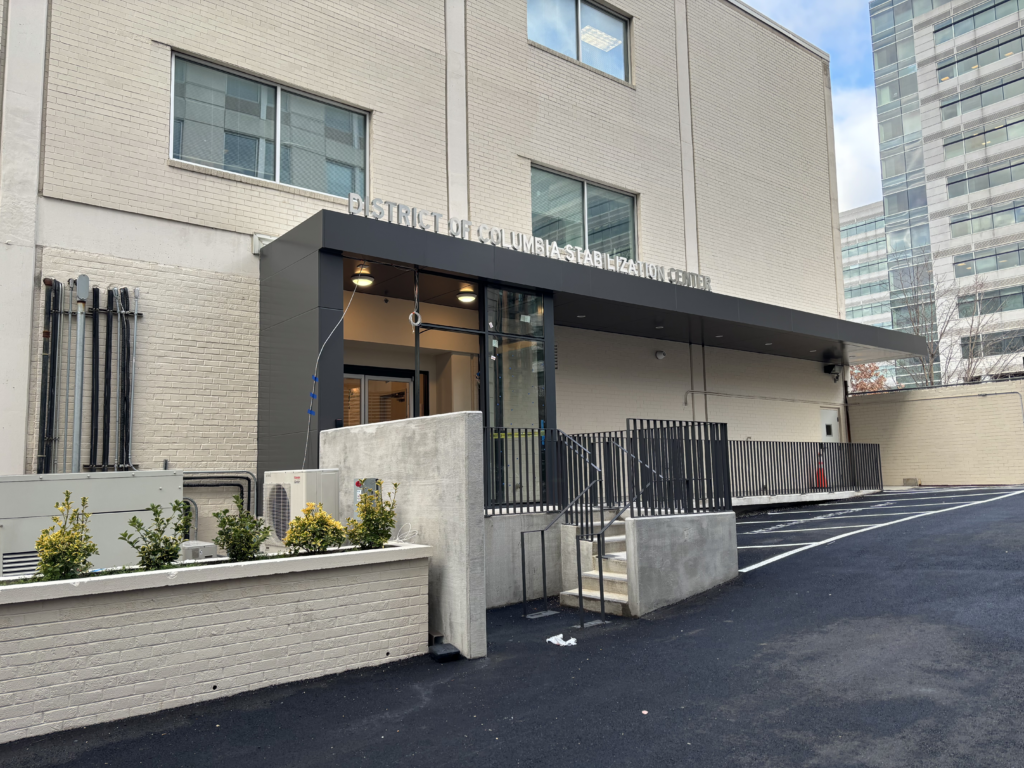Add to the list of area organizations struggling for funding in the current economic crisis the local syringe exchange program Prevention Works.
Started in 1996 as a project of the Whitman- Walker clinic, Prevention Works became an independent organization in 1998.
According to its website, the mission of Prevention Works “is to curb the spread of HIV and other blood-borne diseases among injecting and other drug users, their sexual partners, and their children.”
The organization provides syringe exchange services as well as safe disposal of used supplies, HIV testing, drug treatment referrals and education.
“Now we are a full-service prevention and harm reduction program,” said Dr. Philip Terry, executive director of Prevention Works. “We use the term ‘harm reduction’ meaning that our intent is to reduce the harm and the risk for HIV, hepatitis C and other communicable diseases to injection drug users, their sex partners, their sharing partners and their families.”
He continued, “We say injection drug users, not IV drug addicts or anything like that because, quite frankly anyone who injects for any reason can make themselves available to our services.” A Dec. 24 Washington Post article stated that Prevention Works was running out of money and described numerous financial shortfalls.
“We had a little cash crunch. I say little not to minimize it, but it’s kind of typical for nonprofits. Donors are down. People that are giving are giving less,” Terry said. “We’ve been fortunate. Our major funders have been continuing to fund at consistent levels for us, but at the same time, expenses are up.”
Prevention Works receives its funding through a combination of private donations and from the city.
Terry estimates that his organization serves approximately 360 or so active users and averages 1600 exchanges a month, the largest such program in the District.
“There were growing pains associated with gearing the organization up,” Terry said, describing the struggles to “handle an influx of new participants to have the infrastructure to support appropriate program staff, and quite frankly, to grow the program so we can do more for the folks that we are working with.”
Prevention Works’ services are provided though a mobile unit and a fixed location on Benning Road in Northeast.
“We don’t set up a shop unless there is already a congregation of folks that are known to be injection users. We try to go where folks have the most need,” Terry said.
Syringe, or needle, exchange is still a controversial program. Detractors claim that syringe exchange encourages drug use and increases crime in the areas where the exchanges are done.
“Syringe exchange is still relatively controversial. People shy away from it. Not everyone understands that it doesn’t encourage an increase in injection,” Terry said. “These are folks that have had long histories of injection use and for whatever reason can’t or won’t stop.”
In addition to removing dirty needles from the population, Prevention Works also provides referrals to its clients to assist them with battling their drug dependency.
“We’re one of the only programs in town that doesn’t make value judgments because someone is continuing to use substances,” Terry said. “We want to support them and do everything we can to help them be successful in abating the use of substance.”






